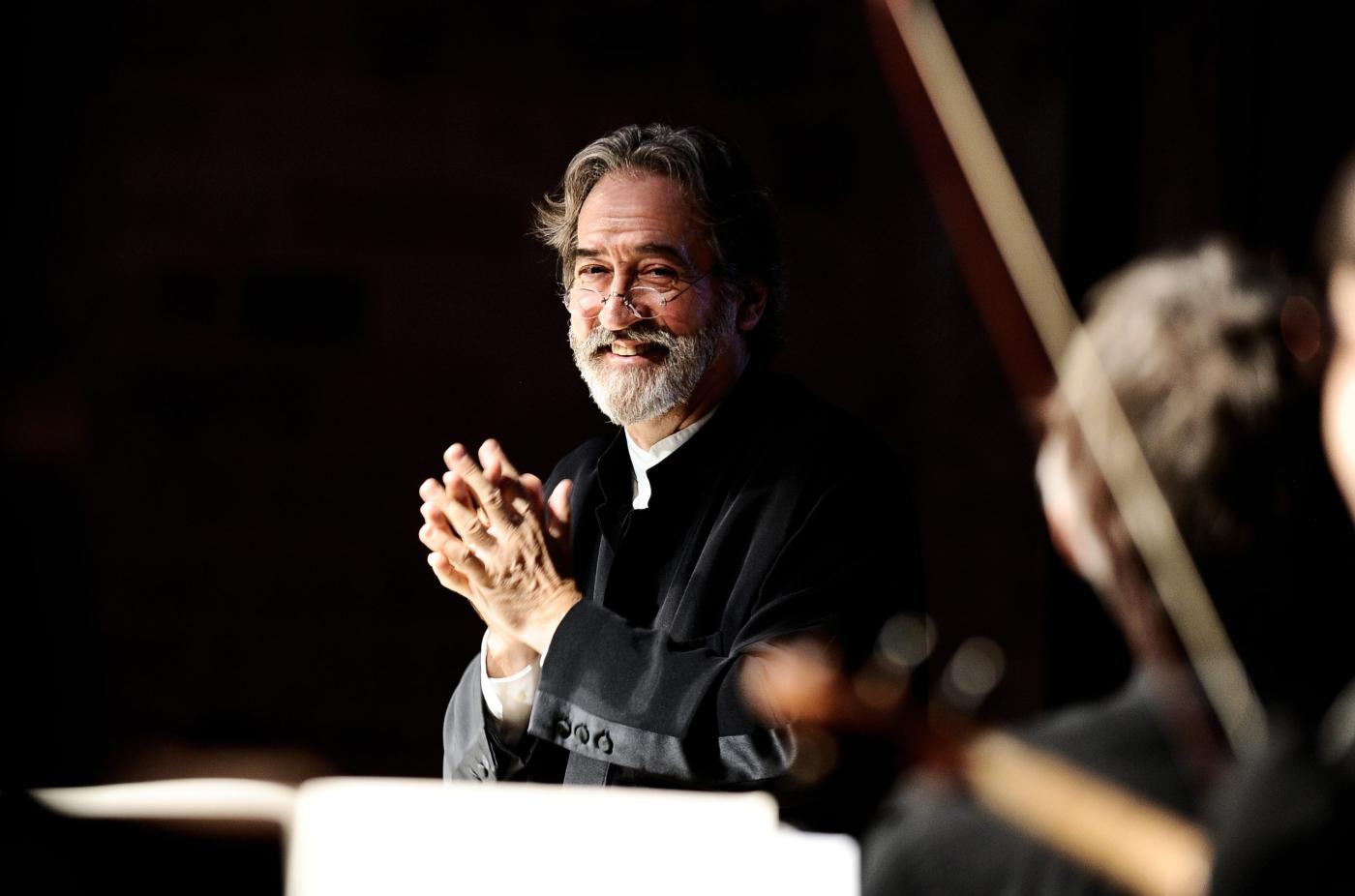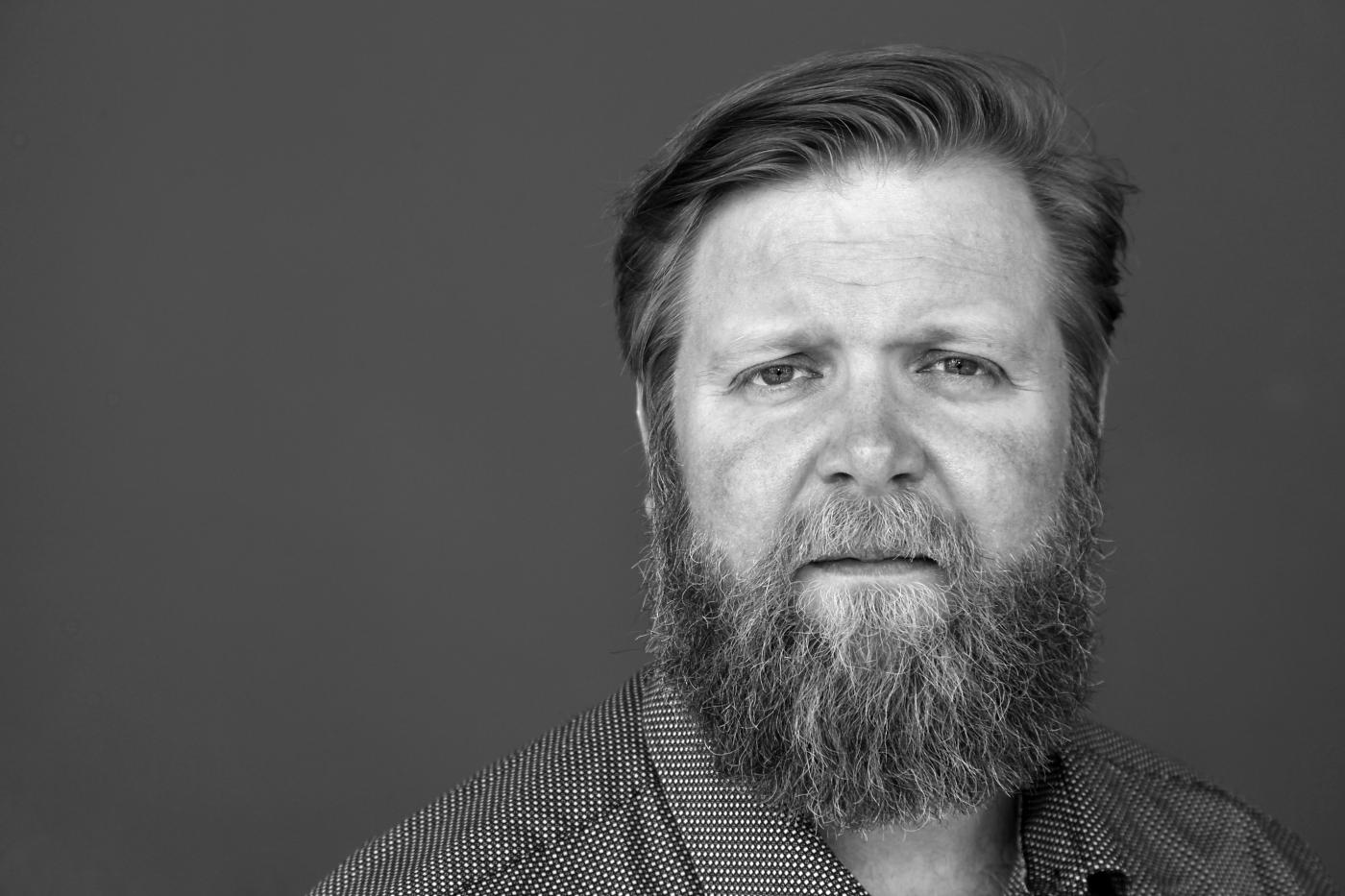As a New Year begins, New Year’s resolutions are made; perhaps, revisiting some old friends; making some new ones; or maybe spending time with ones you haven’t been with in a while. Or, maybe you’d like to explore some new places, discover new things. Well, OK, these are ones that came to my mind when considering my usual January resolution, which is to present to you on WETA Classical’s Choral Showcase some of our latest choral albums.
Let’s take those resolutions one by one, beginning with an old friend whose company we haven’t enjoyed in a while, Franz Joseph Haydn. Although he wrote more symphonies than any other major composer, and his concertos and piano works are always a pleasure, among some the feeling is … well, he sounds a bit like, but is not quite, erm … “Mozart.” Well, let’s put that one to rest: while Haydn revered Mozart as “the greatest composer known to me,” Mozart himself treasured Haydn’s music – and his friendship – and so should we. For Haydn is a very good and steady friend; his music is always pleasing and a delight to the ear. He is often humorous, and he makes for good company. You know you’re in good hands with Haydn, and you can hear it in one late-career masterpiece, the grand oratorio Die Schöpfung, or The Seasons. Haydn tells the whole story, from Chaos to the creation of man and woman in the Garden of Eden. One new take is by the redoubtable Jordi Savall and his merry band of like-minded musicians in La Capella Reial de Catalunya and Le Concert des Nations. Savall – who at 80 continues to make music and release new recordings of a consistently high level, evinces a powerful performance with his musicians, which we will explore on January 7.
We’ll revisit another old friend, the estimable Claudio Monteverdi and his iridescent masterwork, the Vespro della Beata Vergine or Vespers of the Blessed Virginfrom 1610, on January 21. For Monteverdi, this is something of a musical curriculum vitae; while working for the Duke of Mantua but looking for greener pastures, he put together a vespers service with motets drawn from The Song of Songs, offering to any prospective employer the very best that he had (he did eventually land a coveted job as music director for the Basilica San Marco in Venice). If you’ve ever experienced one of the many recent performances of this work given by choral ensembles in the DC region, you know what an immersive experience it can be, and that’s just how Raphael Pichon plays it with his ensemble Pygmalion, in this much-lauded recording from 2023.
But sometimes it’s fun to explore new places, too, and discover new things, which is what we’ll do on January 14 as we journey to Iceland. We’ll take in two new albums by Schola Cantorum Rejkjavicensis under Hördur Áskelsson. The first, Meditatio II: Songs for Mixed Choir, is a sterling collection of pieces drawn from the ensemble’s All Saints Day concerts over the years. Most of the compositions here are by past and present members of this Reykjavik-based choir, and while all may not be familiar to you, I think you’ll be struck by their serene and simple beauty. Our second album from Schola Cantorum is a new oratorio by Hugi Gudmundsson, called The Gospel of Mary. The title is based on fragments from a 5th-century codex discovered in 1898. While considered non-canonical, and not strictly speaking a “gospel,” it has gained some currency as it puts forward the vision of one of Jesus’s female disciples, Mary Magdalen. Present at the crucifixion and the first witness to his resurrection, her vision is somewhat at odds with that of the other disciples, which is where the drama lies. Gudmundsson structures his work after the Passions of Johann Sebastian Bach, including texts from Saints Teresa of Avila and Julian of Norwich in this captivating new work.
It’s always good to make a new friend or two, and we’ll introduce you to the Requiem by Sir Charles Villiers Stanford. One of the last of the English composers from the Victorian era, Stanford is known primarily for his contributions to Anglican church music – and for teaching composition to the likes of Gustav Holst, Ralph Vaughan Williams, Rebecca Clarke, Samuel Coleridge-Taylor, and many others at London’s Royal College of Music. Inspired by the death of one of his closest friends, the neo-classical painter Sir Frederic Leighton, Stanford’s mass for the dead is a moving memorial to his Roman Catholic friend. Although composed on the scale of Verdi’s Requiem, its consoling and intimate tone is more along the lines of Fauré’s Requiem, and is a piece well worth getting to know. Martyn Brabbins, who recently completed a series on Hyperion of the nine symphonies of Vaughan Williams conducts a sublime performance with the University of Birmingham Voices and the City of Birmingham Symphony Orchestra.
Let’s meet some New Year’s resolutions together, Sunday evenings at 9:00 on Choral Showcase on WETA Classical.
WETA Passport
Stream tens of thousands of hours of your PBS and local favorites with WETA Passport whenever and wherever you want. Catch up on a single episode or binge-watch full seasons before they air on TV.

